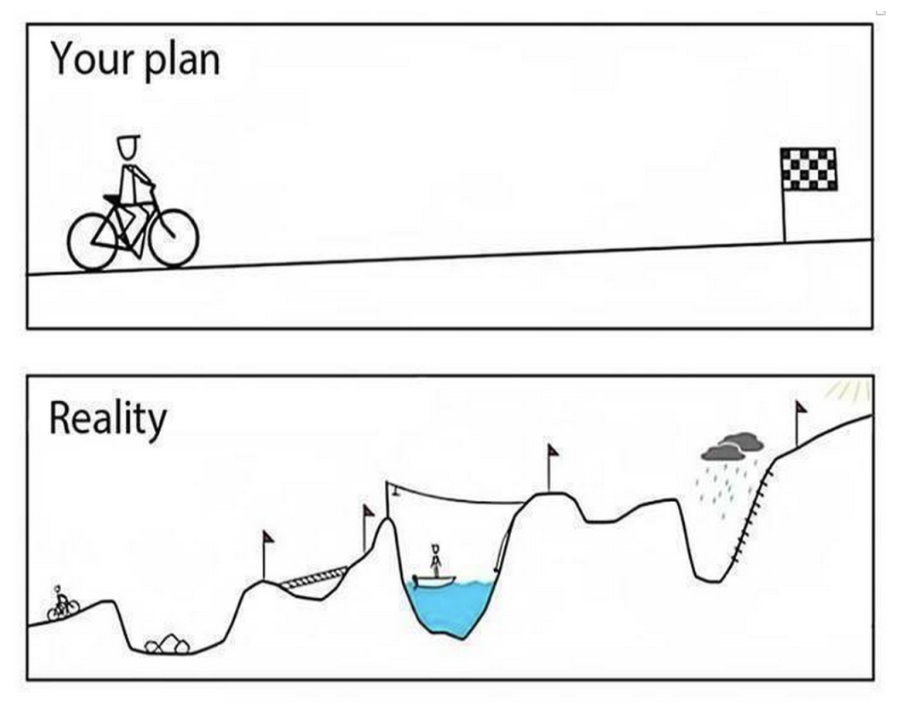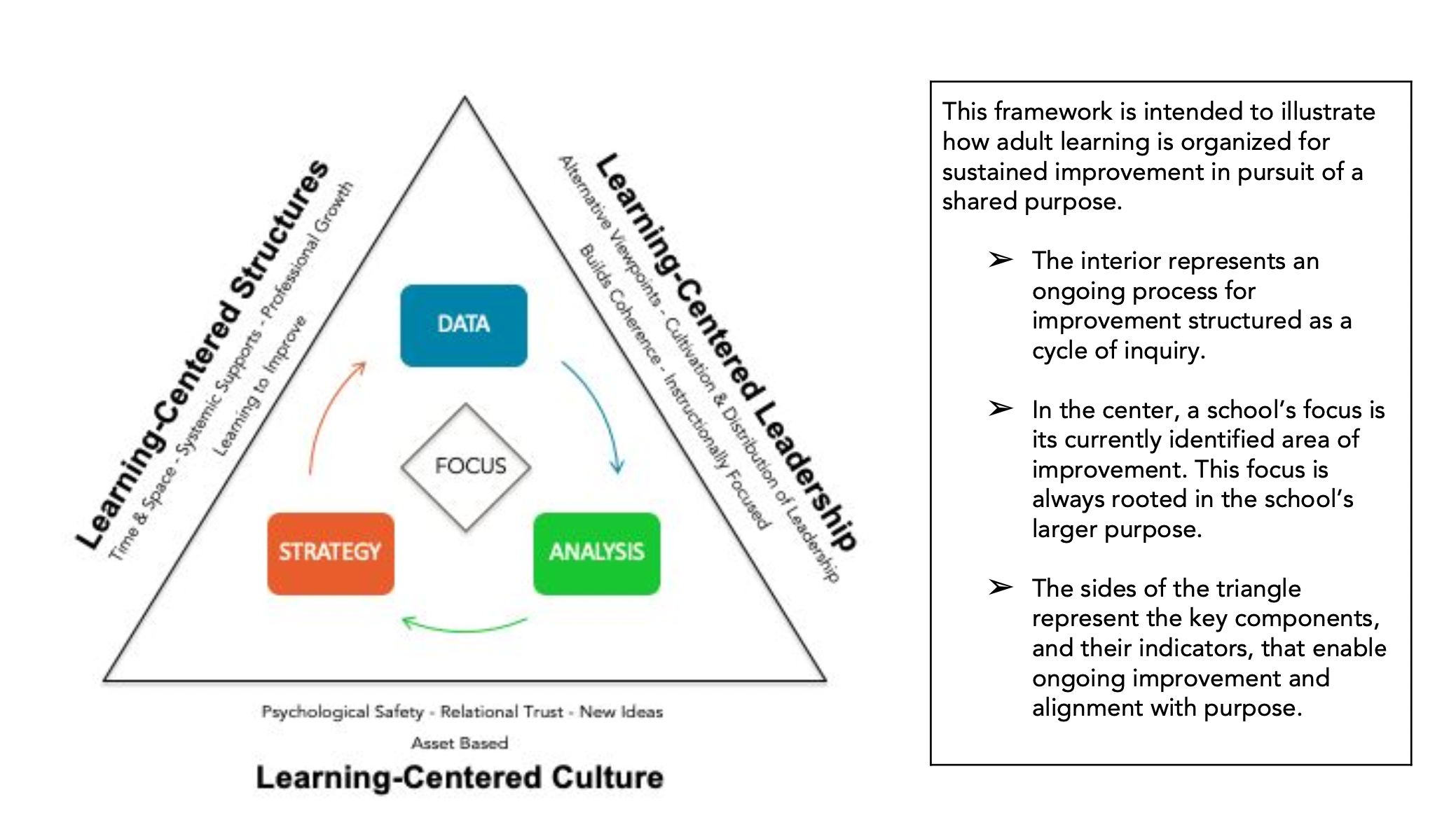Formative feedback was the initiative at my school in 2009. We had a full day PD session with all the staff in the school canteen and I remember enjoying the day. The concept made sense to me: What Went Well… and Even Better If… My students would better understand their strengths and have something concrete to improve. The whole school would be using the same language and students would receive written formative feedback fortnightly. Wait… fortnightly? As a high school teacher of multiple classes, that meant…400 comments in books each fortnight? On top of ALLLL the other things I was already doing? I was a French teacher, and the maths behind this gave me sleepless nights. Ask me to do something to improve student learning and I’ll do it. But seriously?
True to their word, the Principals and Deputies came to observe us in action and checked books for written evidence of formative feedback. My cunning colleague added comments in the books of every student seated around the outside of the room (knowing her room was too cramped for an adult to get to student work in the middle!). She got away with it. I on the other hand, received high praise indeed for the frequent formative feedback comments for my class. However, this was for my elective class of just nine students - the type of students that work so diligently you can sit with them and write comments while they work.
Of course we never heard much about formative feedback after that, but the impact (and trauma!) of the initiative remains. I have dedicated much of my teaching career since to ways of providing feedback that doesn’t involve written comments! Sometimes the disheartening truth is that as teachers we can feel like we’ve failed before a new initiative has even been rolled out.
In all honesty, many new initiatives in schools don’t stand the test of time. Teachers are busy, leaders are busy and even with the very best intentions, new stuff often just falls by the wayside. At New Tech Network our experience of school change over the past 20+ years has taught us so much about sustainability, the best way to support teachers through change and meaningful growth and we wanted to share it with you here.
New Tech Network member schools are committed not just to project-based and student-centred learning, but to developing a whole school learning community where Principals, Middle Leaders, Staff, Students and the wider school community demonstrate a commitment to learning and growth throughout every layer of the school ecosystem.
What innovation have you tried to implement across your school (or what have you seen leadership try to implement)? What was the plan vs reality? What were the accelerators? What were the obstacles?
The NTN Learning Organisation Framework (below) changed my entire thinking about school change and the impact of culture, leadership and structures. Thinking back to the formative feedback initiative, while the school culture was one of improvement and learning, not only were we not given the structures to make it work, after the initial training and observations there was no visible leadership of the initiative.
An Approach to Improved Alignment with Purpose: The NTN Learning Organisation Framework
At NTN, we believe all students are capable of great achievements and acknowledge that schools, by design, play a critical role in supporting student success. This will require school and district leaders to lead the work of disrupting cultural and instructional opportunity gaps by cultivating deeper learning conditions that result in “outcomes that matter” for each learner. The word “each” matters because this is more than just making deeper learning experiences available for all learners, but also demanding that each learner has the resources they need to succeed in those deeper learning environments.
At New Tech Network (NTN), we firmly believe that school and district leaders can and must lead the work of closing opportunity gaps by cultivating learning-centered conditions that directly disrupt systemic inequities. This equitable and inclusive vision for continuous learning implores us to co-design our schools and districts as learning organizations. Our schools and districts must serve as hubs for this type of learning -- where “people continually expand their capacity to create the results they truly desire, where new and expansive patterns of thinking are nurtured, where collective aspiration is set free, and where people are continually learning to see the whole together” (Senge, 1990).
Undertaking this kind of systemic, transformational change requires leadership that is relentlessly focused on a shared purpose through the intentional alignment of learning-centered structures, the development of a learning-centered culture, and the cultivation and distribution of learning-centered leadership. Keeping these components in alignment depends on a leader’s ability to actively support and sustain inquiry-based professional growth and development. The recurring practice of inquiry animates the learning while simultaneously reinforcing these key components, making it an essential element of the system. The Learning Organization Framework below represents how NTN believes a school’s adult learning should be organised to continuously adapt in the ongoing pursuit of their shared purpose.
Join our Deeper Learning Network of innovative schools across the country to make your journey towards whole school change and improved student outcomes both successful and sustainable.


